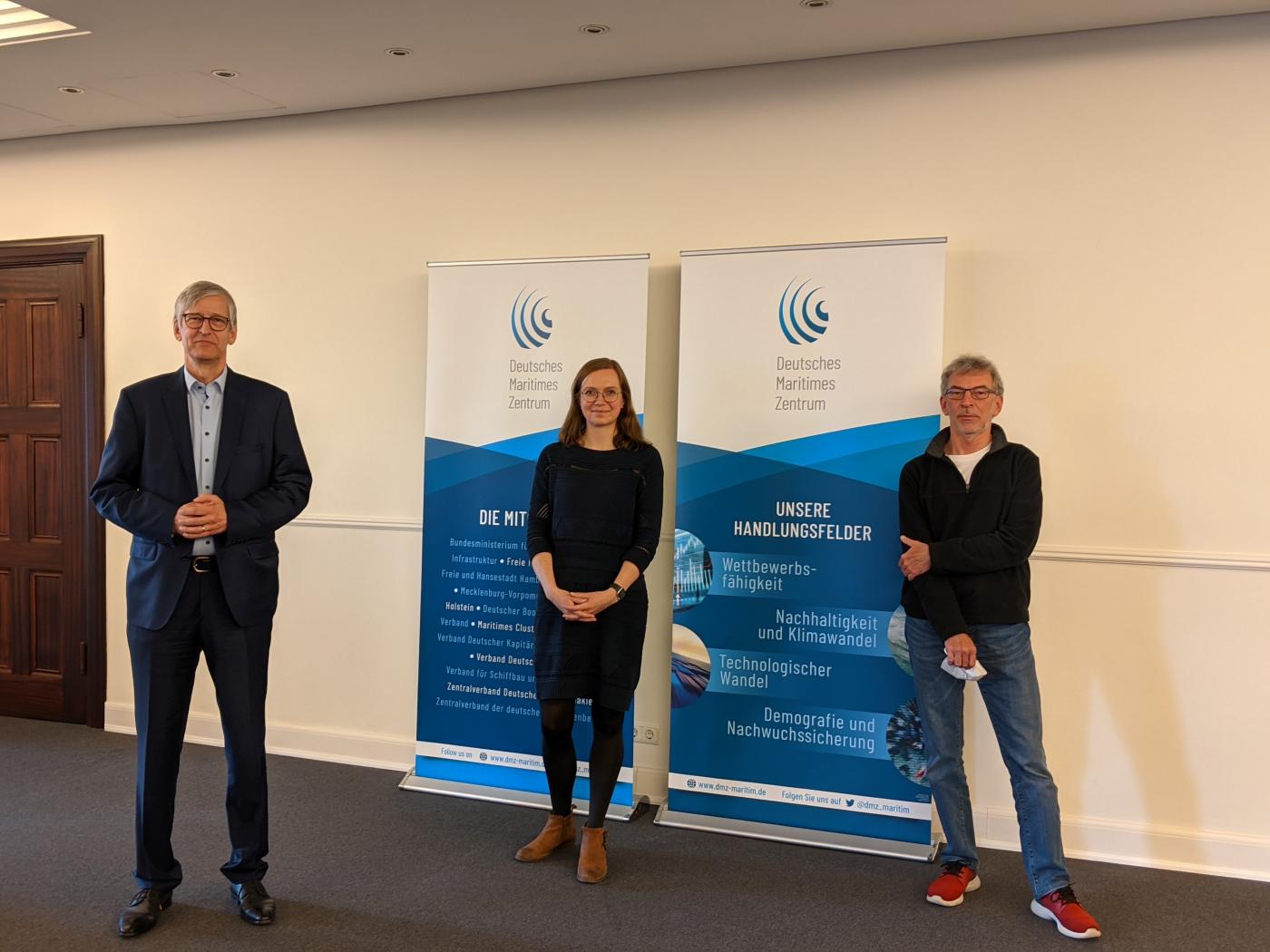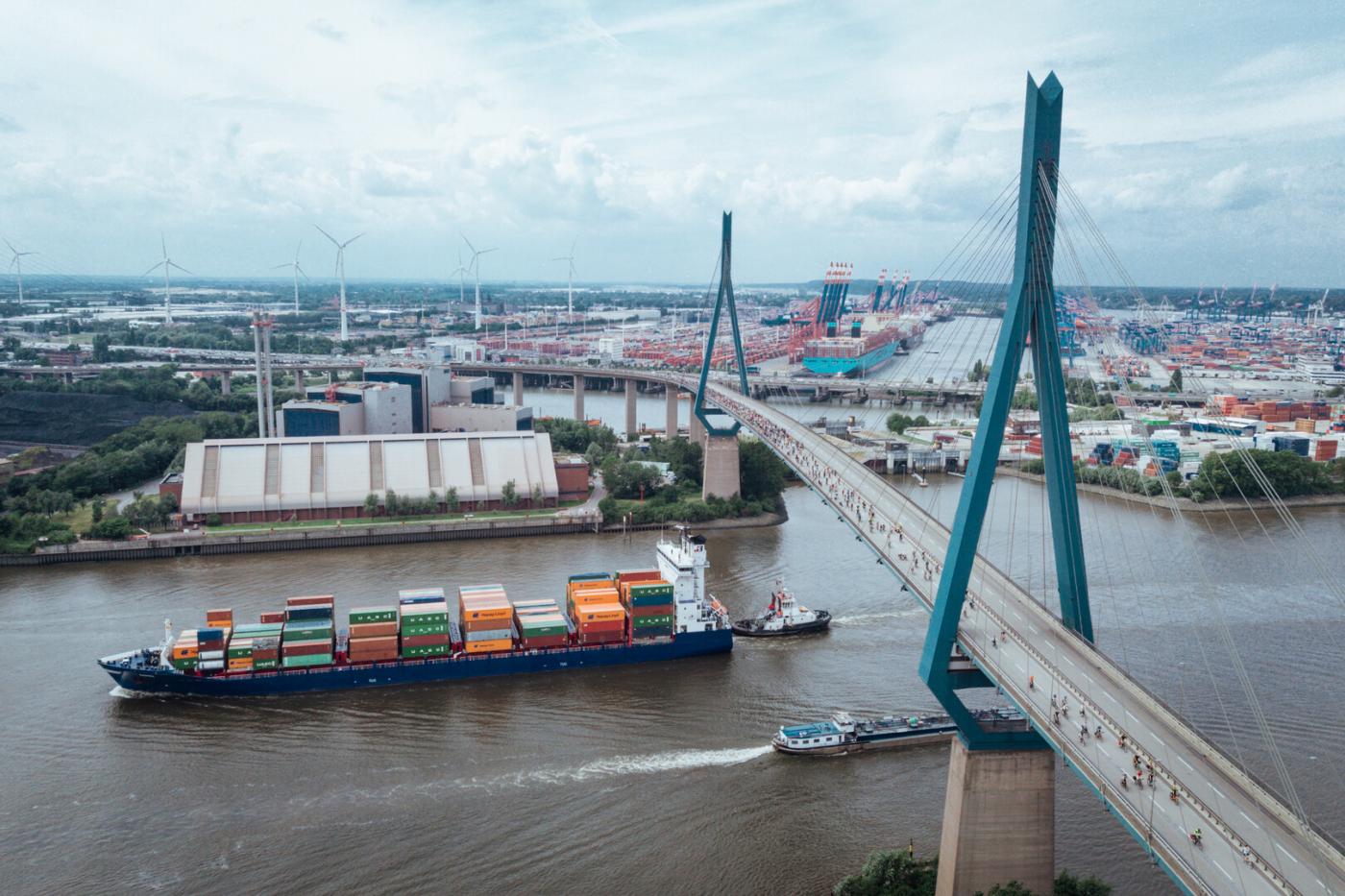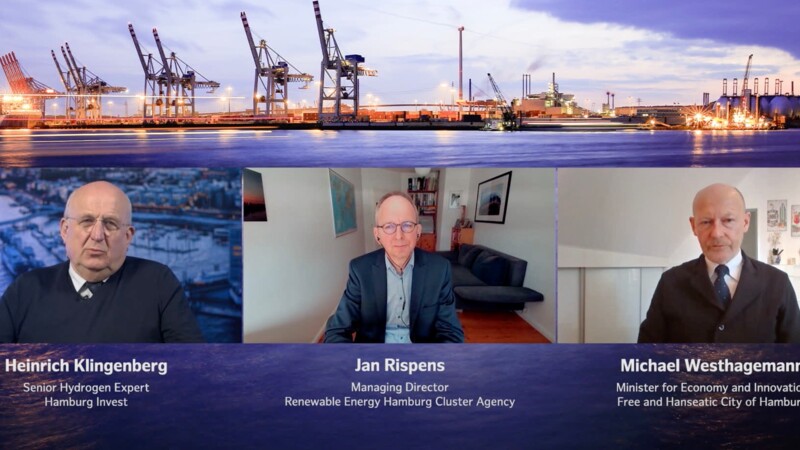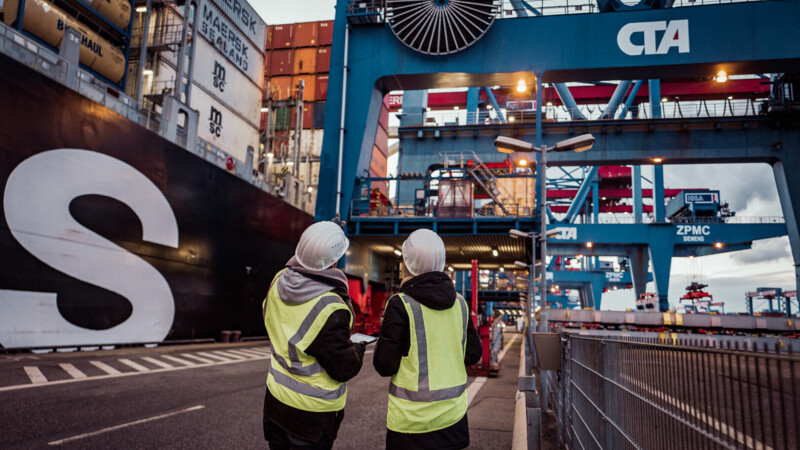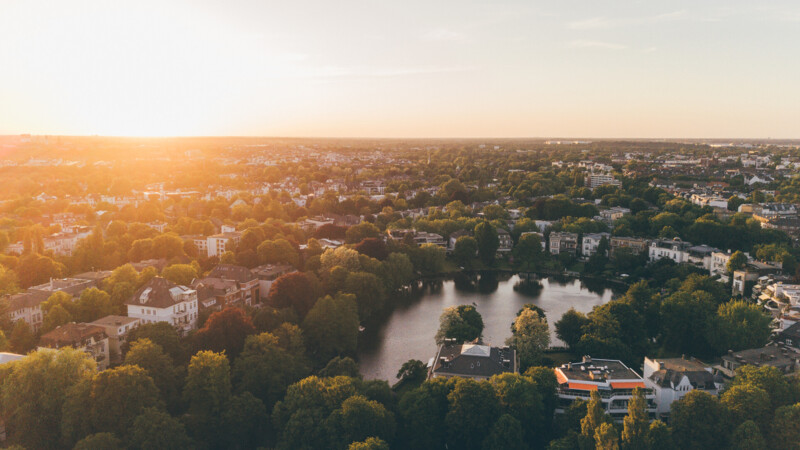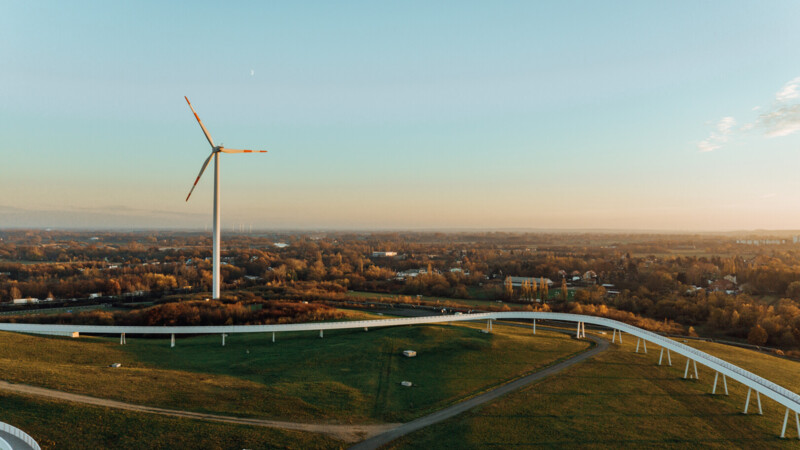"Our goal is to shape the huge upheaval in shipping. And as shipping is a global business, we must help shape the regulations worldwide," Brandt added. DMZ remains in close contact with almost all representatives of the German flag state at the International Maritime Organization (IMO), a specialised agency of the United Nations based in London. The IMO stipulates international shipping regulations and shipbuilding guidelines including safety, the environment and manning. The international orientation is particularly important at present. "Asia is gaining clout in international bodies. We have to strengthen our own position in the international competition," Brandt stressed.
